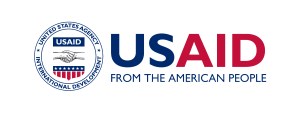State-society relations
Primary tabs
Addressing the challenges that developing countries face, promoting prosperity and ensuring that prosperity is equitably shared, requires effective governance. Interventions that aim to address the relationship between state and society can play a crucial role in ensuring that governance is effective.
This evidence gap map (EGM) consolidates evidence on interventions to improve state-society relations in low- and middle-income countries. The map draws on a systematic search and inclusion/exclusion of studies to take stock of the volume and characteristics of evidence published between 2000 and 2016.
The map contains:
- 18 completed systematic reviews and two systematic review protocols
- 305 completed impact evaluations reported in 280 papers
- 60 ongoing impact evaluations reported in 59 papers.
We categorise these studies according to two domains based on the United Nations Sustainable Development Goal 16 dedicated to peace, justice and strong institutions:
- Inclusive political processes: Interventions in this area seek to enhance the transparency, effectiveness and inclusivity of political and electoral institutions and processes.
- Responsive and accountable institutions: Interventions in this area seek to improve the quality and accountability of and equitable access to public services.
This evidence gap map was developed by 3ie under subcontract to NORC at the University of Chicago and with funding from USAID.

To learn more about how to use the map, click on the link below:
http://www.3ieimpact.org/sites/default/files/2019-02/how-to-read-egm-document-top.pdf
Read Evidence gapmap report: http://www.3ieimpact.org/evidence-hub/publications/evidence-gap-maps/state-society-relations-low-and-middle-income-countries

